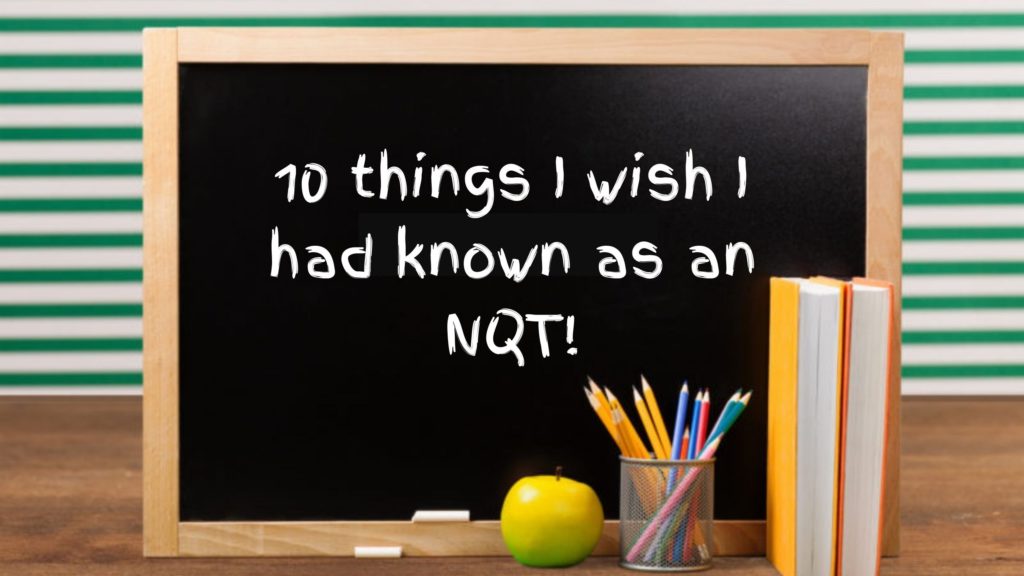How to build a rapport with your pupils

Building positive relationships with your pupils is fundamental to their learning and your own happiness in the classroom.
We all had our favourite teachers when we were at school. They were the ones who brought their subject to life; captivated us when they spoke; and cared for our success.
You need not strive to be the most popular or to seek their approval, but you should try to build a rapport as soon as they enter the classroom.
1. Learn their names
If you’re anything like me and you have a poor short-term memory, you might struggle with this at first. But keep at it. By calling them by their first or even second names, you have acknowledged them as individuals, and not just pupil numbers.
If you have larger classes get them to sit in a seating plan or place a name card in front of them until you have memorised them. Knowledge certainly is power!
2. Ask your pupils what their aspirations are
Find out what interests and hobbies they have. Show a genuine interest in their lives outside the classroom and share something about yourself (where appropriate).
Your lessons will become instantly more enjoyable and the pupils will work harder for you if you become more personable (just be sure not to take out too much lesson time).

3. Use anecdotes
When and where relevant, share an anecdote. Watch your pupils light up when you start a sentence with, ‘I remember when…’ It’s important that they think of you as their educator, but also someone who can relate their subject to real life. Make a joke. Never underestimate the power of laughter in the classroom!
4. Show mutual respect
As the famous saying goes, ‘respect is something earned, not something given.’ In order to build a rapport with your pupils, it is essential that you respect one another.
Regardless of their effort levels or behavioural issues, your pupils are all equal, and need to know that you treat them firmly, but fairly.
5. Show them that you are human
There are teacher guides that tell you not to smile until Christmas, or until you have your behaviour management down. Do the opposite!
Show them that you appreciate their presence and enjoy seeing them progress. Furthermore, allow yourself to make mistakes in the classroom. This will help them realise that it’s okay to fail a test, or make that spelling error, as long as they learn from them. We’re only human after all!







Responses